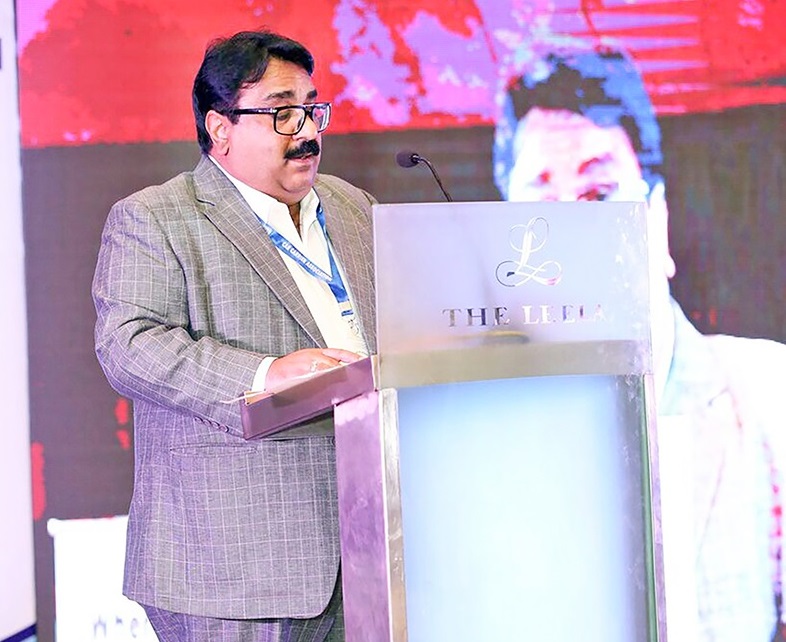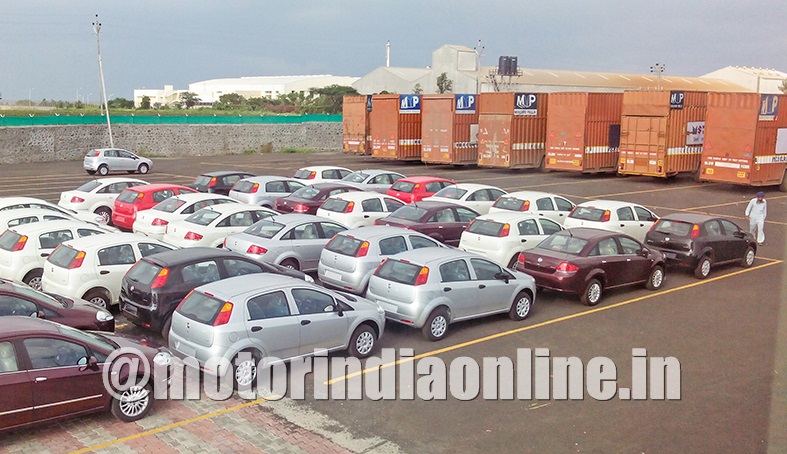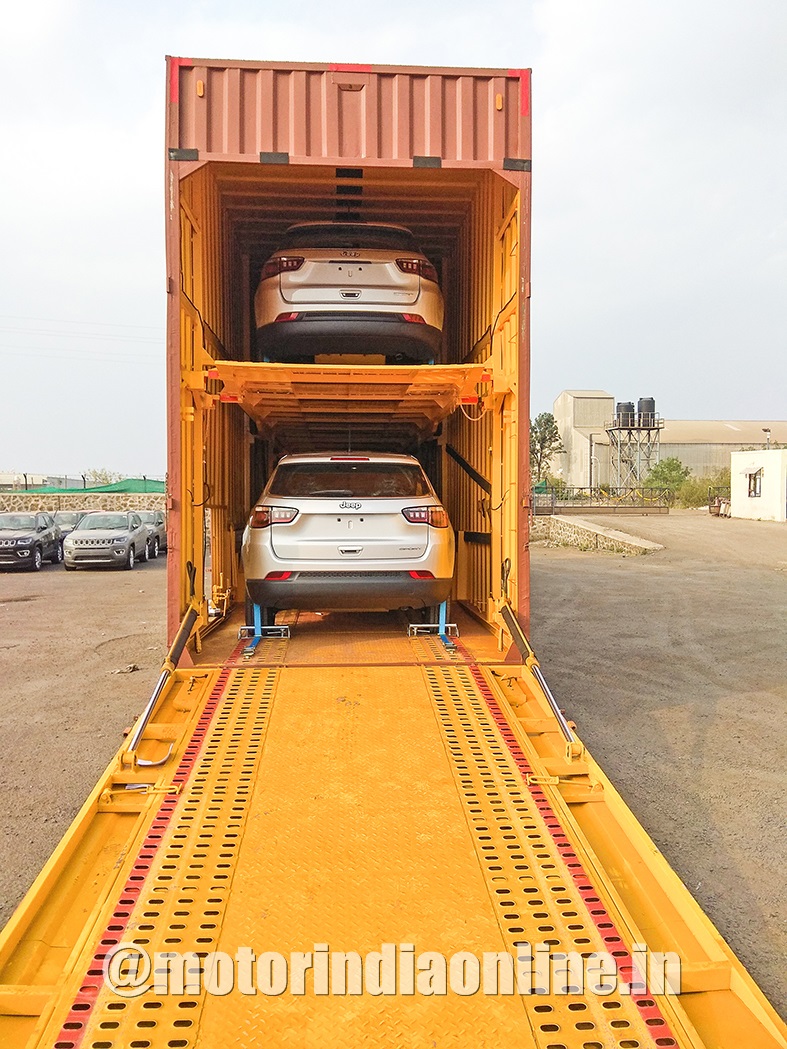One of the leading truck-based automotive logistics service providers in the country, Mercurio Pallia is keen to make customers happy with plans to establish multi-used car compounds and seeking strategic partnership in railway logistics for car transportation.

Pallia is a tiny little town off the India-Nepal border in Uttar Pradesh where a locally-reared firm named Pallia Transport Co. was born in early 1960s, catering to the logistics needs of farmers in the region. The company, which is still engaged in sugarcane transportation and people movement (buses) in the town, got a big break in 1983 when Maruti Udyog started its operations in Manesar, Haryana. Pallia Transport became one of the earliest players to kick-start organised car carrier operations in the country, working with Maruti on out-bound and CKD transportation from Kandla port.
With rich local expertise in containerized passenger car transportation, the company ventured into a 50:50 JV with Gruppo Mercurio Spa of Italy, thereby giving birth to Mercurio Pallia Logistics in 2008. At present, European logistics giant Gefco Group (owned by Russian Railways & PSA Group) that holds majority shares in Gruppo Mercurio together owns majority stakes in Mercurio Pallia Logistics in India. The company successfully celebrated its 10 years of operations recently, signifying strong international partnerships that add value to logistics operations in India.
Towards consolidation
The Founder and Board Member, Mr. Vipul Nanda, says his company has covered a considerable ground in terms of cargo handling, pan-India presence, a wide range of clients, customer satisfaction and in being responsive to the emerging automotive logistics trend in India. “Last half a decade has been very tough for car carriers in the country, struck in the hands of weak economy, regulatory obscurity, and reorganisation within the industry. We are staging a strong come-back now, registering a flat growth last year”, he claims.
Mercurio Pallia has taken a wide range of corrective measures towards consolidation, to make up for the demand downturn and spiralling operating costs of car carriers in recent years. Starting from downsizing its fleet, from over 500 trailers to 300-odd numbers, to stepping up of stockyard management and other value-added services within automotive logistics, the company is looking forward to bounce back in a transformative manner.
Mr. Nanda observes: “We are trying to work out some new and innovative ideas to take care of the persistent and newly emerging market challenges. In what other means can we offer the best possible logistics solutions to our clients, there goes our focus… may it be in design of trailers to accommodate new products or multi-user vehicle stockyards under the hub-and-spoke model for automakers, especially after the advent of GST”. The company is already offering a variety of post-production stock management (end-to-end) solutions, with its state-of-the-art vehicle processing center located in Pune.
Exploring new avenues
In addition, Mr. Nanda has disclosed that his company is looking for right partnership to venture into rail-based logistics of cars in India. Won’t railway logistics counteract and cannibalize truck-based car carrier operations of the company, as it already does in the industry?
He clarifies that a strategic partnership is what the company is looking for. “At the end of the day, we may partner with some other player into that segment, we would like to see where we can jointly work and explore new possibilities”. Trucking operations would however remain the company’s mainstay activity.
HCV chassis carrier is yet another innovative segment that Mercurio Pallia pioneered successfully in India back in 2011. “The ‘truck-on-truck’ business was considered very novel and commercially viable by OEMs when we introduced it. Drawing international expertise from our partners, we came up with flexible trailers to accommodate different types of chassis, including 12-metre buses”, recounts the MD.
But increasing operating costs and mediocre performance of the CV market rendered this business unviable. “Although demand for chassis carriers is abysmally low at present, the segment has significant future prospects as the market matures, as is the case internationally”, he observes.
The company has also ventured into the haulage of two-wheelers in the last five years, achieving a notable share in business with dedicated resources.
“In whatever solutions we offer, we follow international best practices and technological know-how for superior delivery of services”, claims the company.
On the market predictions for the upcoming financial year, Mr. Vipul Nanda seems curious to see how the things unfold, with the general elections coming and a series of policy reforms that made the last two years very jittery yet to stabilise and reap benefits to the industry.
“BS-VI is creating even bigger disruption for the passenger car industry, along with the advent of car rental and aggregators, as buyers may delay their purchases or even reconsider buying options in metros, which would affect demand in a big way”, he says, while adding that the next two years can be very challenging for automotive logistics. The only way for us now is to work closely with our OEM clients, and offer what they uniquely what, he adds.

